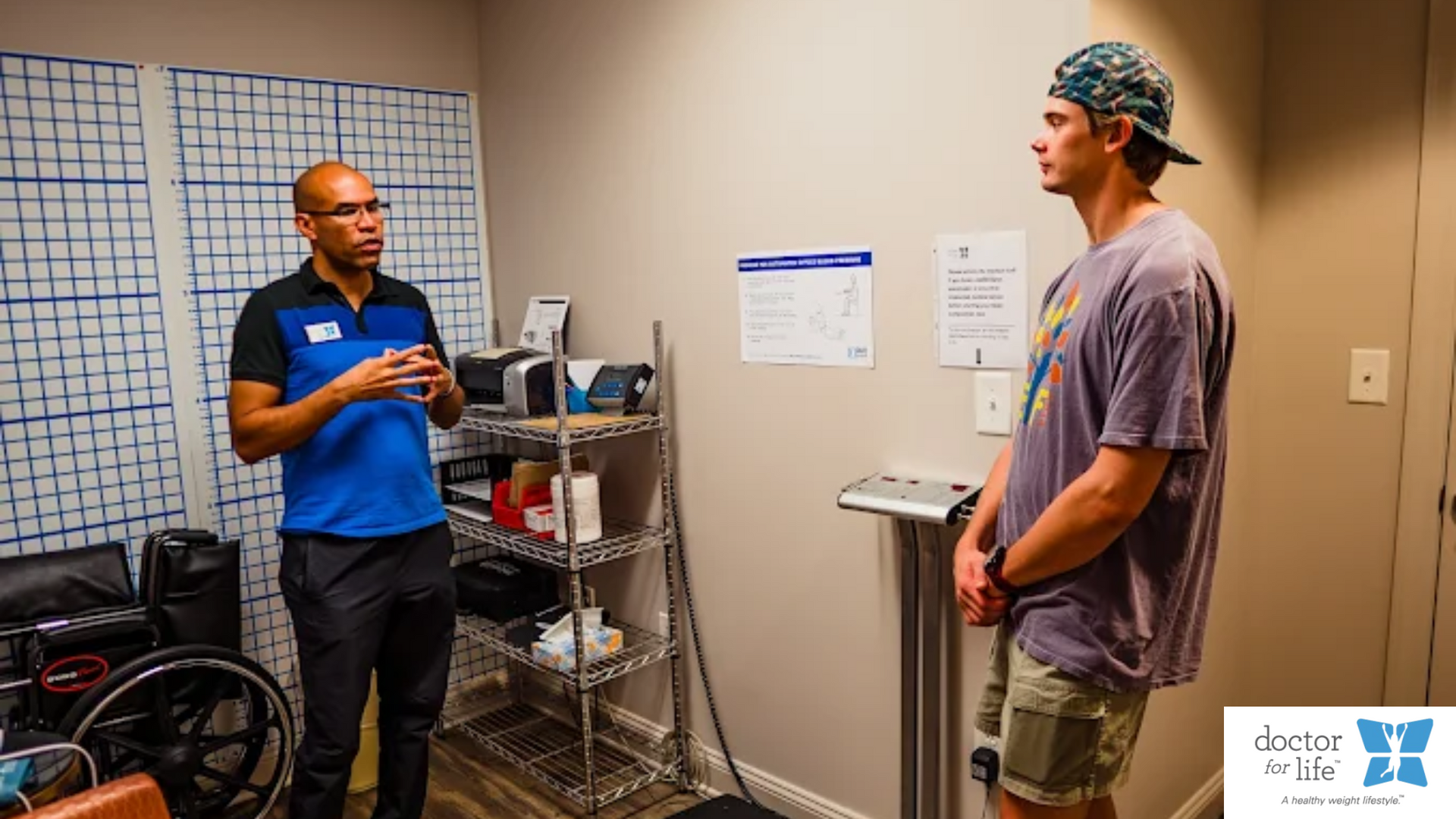What are the barriers to overcoming obesity?
Cheryl Sarmiento, MD • November 9, 2020
What are the barriers in overcoming obesity?
- Diet and Exercise fail for most
- Obesity is a disease, not a stigma or a series of bad choices. It is considered multifactorial, being caused by genetics, environmental influence, hormonal, drugs and metabolic causes. Lifestyle modifications continue to be the cornerstone of management, but most patients cannot achieve a long term meaningful weight loss by simply exercising or changing their diet. It needs a holistic multi-faceted approach that includes drug therapy and Behavior Modification.
- Physicians and Patients are reluctant to talk about Obesity
- Many physicians are not familiar with the treatment and under trained to address this problem. They may lack the time and resources to address weight loss with their patients
- Some may avoid speaking about it during the visits due to stigma associated with the topic. These factors compounded by the lack of reimbursement to these clinicians
- Patients avoid the topic because they feel ashamed or they feel helpless to do anything about it or cannot afford to seek care for it. These factors are compounded by a lack of public health policies to prevent and counteract this problem.
- Obesity bias
- Negative attitudes toward individuals who are overweight and obese is prevalent in the healthcare setting – physicians, nurses, dietitians, fitness professionals and medical students
- A review by Puhl and Heuer documented providers viewing their obese patients as “unmotivational”, “noncompliant”, “sloppy”, and “lazy” and perceiving overweight as a behavioral problem caused by physical inactivity and food addiction
- This stigma bias has substantial impact on healthcare utilization; patients are less likely to receive appropriate preventive care and counseling and weight management
- Drugs have adverse effects
- Some have GI side effects – nausea, bloating, diarrhea; some central and cardiac side effects – dizziness, palpitations, hand tremors, valvular heart defect
- There’s problems with adherence due to long term duration of drug use
- Drugs only have modest success, so physicians may prescribe higher off label dosage or non FDA approved drugs.
- Patients may resort to less expensive OTC drugs or drugs that have a more potent weight loss effects but may also be addictive.
- Insurance does not pay for them
- Studies shows only 11% of US Health Insurance plans offered coverage for anti-obesity prescription drugs in only 9 States. Medicaid in only 8 States and Medicare excluded these from Medicare part D coverage.
Proposed Solutions:
At Doctor for Life, we specialized in Obesity treatment and under the Treat and Reduce Obesity Act of 2019 supports Medicare coverage for behavioral counseling for Obesity called the Intensive Behavioral Therapy for weight loss.
Our physician goes beyond the treatment and manage underlying contributors such as – psychological stressors, socioeconomic barriers, dietary patterns, comorbidities and drugs the patient is taking to treat their chronic medical conditions.
We provide the expertise and credentials to treat this dreadful disease.
This demands detailed history taking, regular follow up visits and a holistic and multidisciplinary approach including engagement of lifestyle health coach, RDN,
and professional fitness trainer.
We provide easy access, safe and conducive environment to our patients
We also follow strict guidelines for drug treatments.











